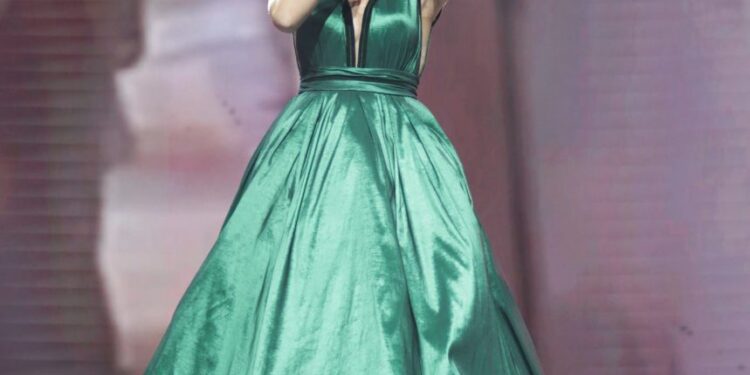It was last night that the closing ceremony of the 31 took placeth Edition of Carthage’s cinematographic days. An exceptional edition in every way. First of all because it took place for an exceptional period because of this covid 19 pandemic, with such exceptional health measures, and then because the concept itself and the programming of this session were exceptional: no competitions (except for Chabaka and Takmil), but on the contrary a return to the past, while reflecting and preparing the future.
This edition of the JCC2020 has just ended, and everything suggests that it went well.
On the health level, all the guests coming from abroad were tested negative when they arrived and yesterday, just before their departure. Hoping that all Tunisians who participated in the festival are also safe and sound.
The festival management had done everything possible to ensure the safety of all, in particular by providing masks and frost, ensuring the cleanliness of the premises, trying to enforce physical distancing and by removing paper publications as much as possible. The ticket office was made entirely on the internet, The daily Was broadcast by PDF file, invitations to various events, including opening and fence ceremonies, were sent by email. In addition, in theaters, only 30% of the seats were available. And innovating thanks to the Drive In, which allows you to watch films while remaining safe in your own car.
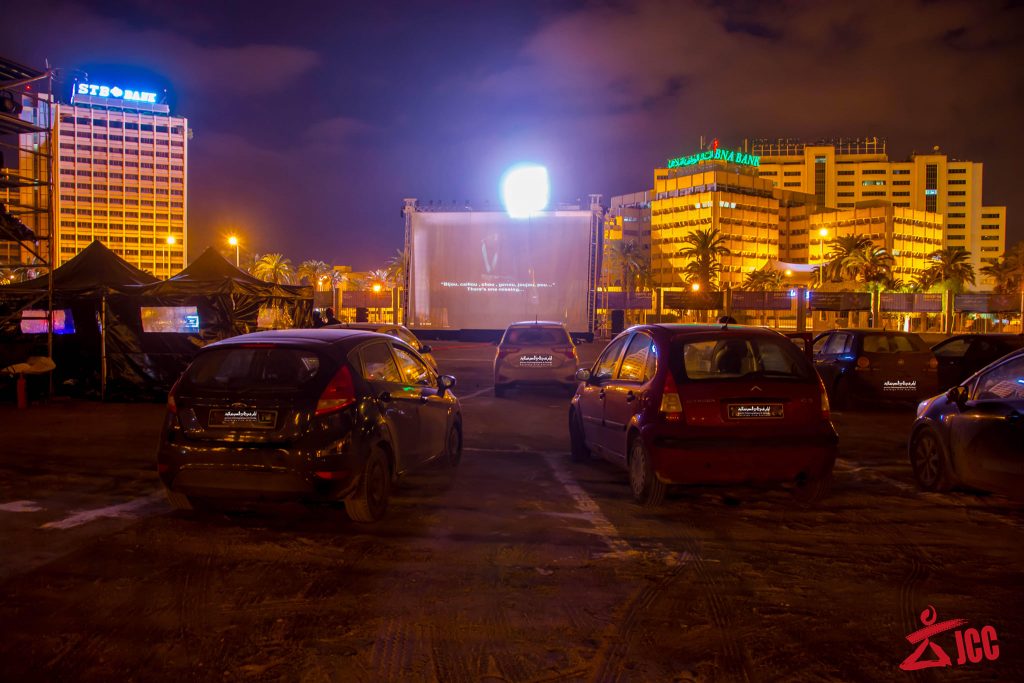

In its vast majority, the public respected all these instructions, even if sometimes some lowered or removed their masks from the extinction of the Enlightenment. But it is obvious that the festival could not put an agent by spectator to force him to keep his mask on his face.
Although during this edition, only five new films were scheduled in preview, the public was there. According to Brahim Letaief, artistic director, most of the sessions have displayed complete, especially for Tunisian films and even some Arab and African films.
In fact, this edition of the JCC was a puff of joy that Tunisians were cruelly needed. After months of closings from the performance halls, they took advantage of these days to find the way to the dark rooms and a semblance of return to a normal life, that before the pandemic.
For the past few months, it was imprisoned to have become wild, without any real social life or above all cultural. This edition was an opportunity to resume old habits, going to the cinema, meeting friends, making new acquaintances, chatting, sharing …
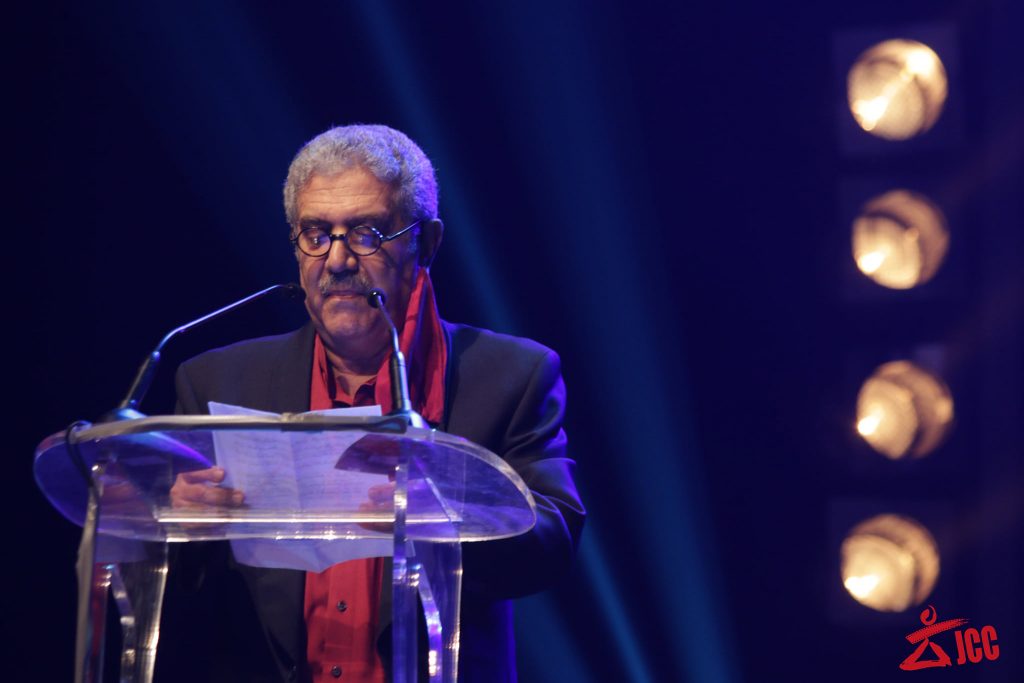

Moreover, This memory and heritage concept, has arrived at point. For the “former” moviegoers, it was an opportunity to find the memories of their youth and ancient JCC editions, a kind of nostalgic trip in time. For the young audience, it was on the contrary the discovery. The discovery of old films he did not know, films he heard about, important films that are part of our Arab-African cinematographic heritage.
The public was also interested in relatively recent films but which he had not been able to see during their previous programming. Egyptian director Mahmoud Soliman even said that he was very pleasantly surprised by the welcome that Tunisians reserved for his film We have never been children which had been in competition at the 2016 JCC, and by the quality of the debate which followed the projection.
Anyway, for some, this edition was smiles and happiness!
The forum “The JCCs, yesterday, today and tomorrow” was an opportunity to reflect on the situation of the festival, on its legal framework, on its scattered archives, on its evolution … An exchange of rich ideas which gave rise to a roadmap given to the National Center for Cinema and Image (CNCI) so that it can serve as a basis to advance things and above all send the authorities the reflections and wishes of civil society.
This forum has particularly interested foreign guests, especially African, because precisely the JCC is one of the rare festivals to promote African cinema and to allow them to show their films to a large audience and that over the years, it has become the meeting place for Arab-African filmmakers. For them, this festival is not only Tunisian, but has belonged to everyone since its creation in 1966. They feel concerned by its evolution and its future and would like to see it shine even more and above all work in collaboration with other African film festivals such as the Pan -African Film Festival and TV of Ouagadougou (Fespaco) and the Film Film of Luxor (Laff).
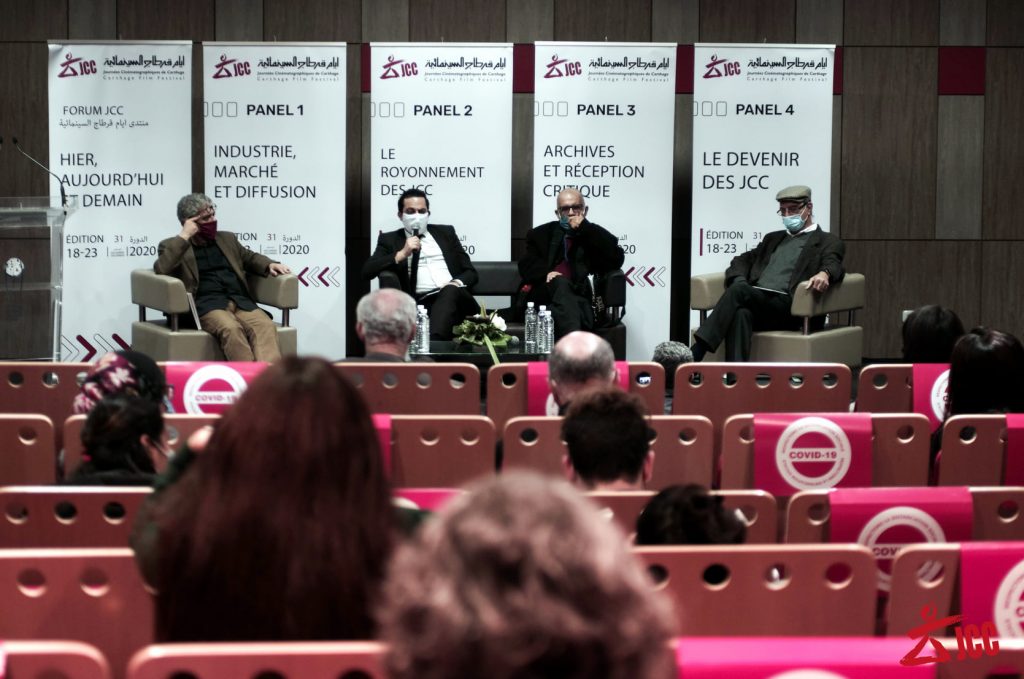

The closing ceremony was, somewhere, so exceptional, since there was no competition, so no winners to announce. But it was an opportunity to pay tribute once again to Tunisian cinema professionals who left in 2020, with the screening of the video “They left us, in 2020 …” and to announce the date of the 32nd edition of the JCC to be held from October 30 to November 6, 2021.
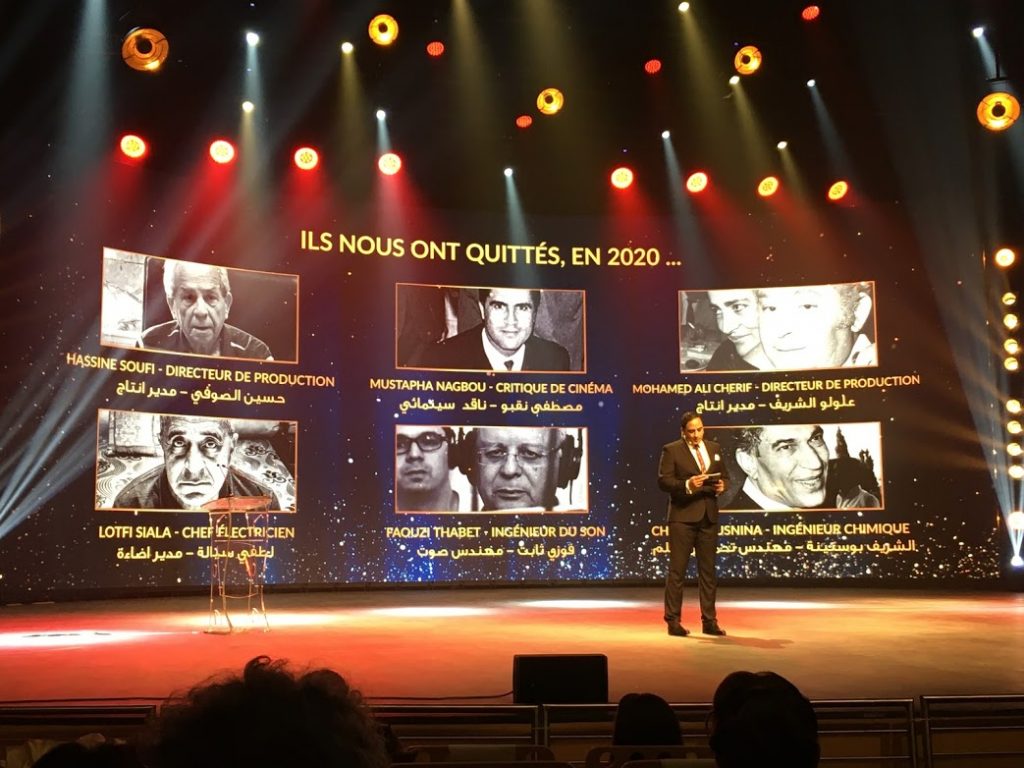

To close the ceremony in joy, the guests had the pleasure of discovering the song “Enti Helm – إنت حلم” by Raoudha Abdallah, dedicated to JCC and the short film Bolbol Directed in 2017 by Khedija Lemkacher, with the Grande Fatma Ben Saidane in the main role. A few minutes of laughter that perhaps announce pleasant moments to spend in the cinemas that have opened their doors today.
Neïla Driss


